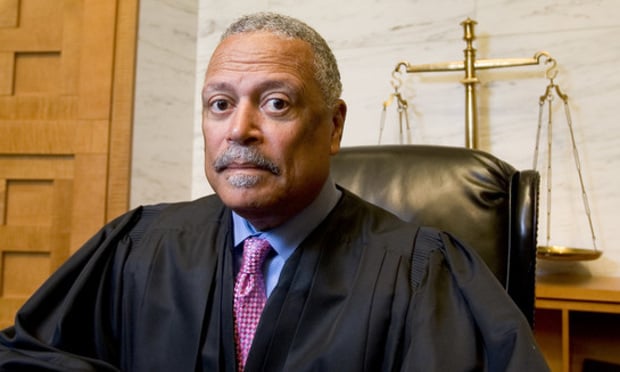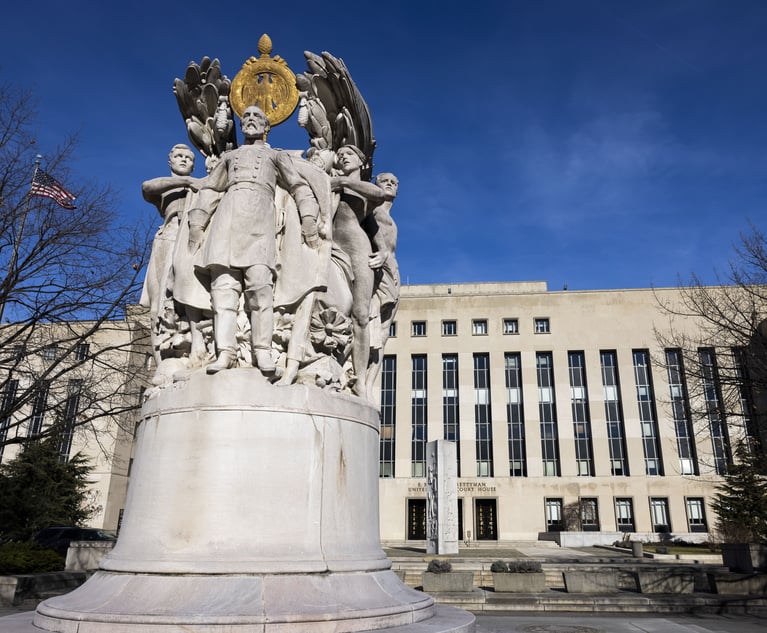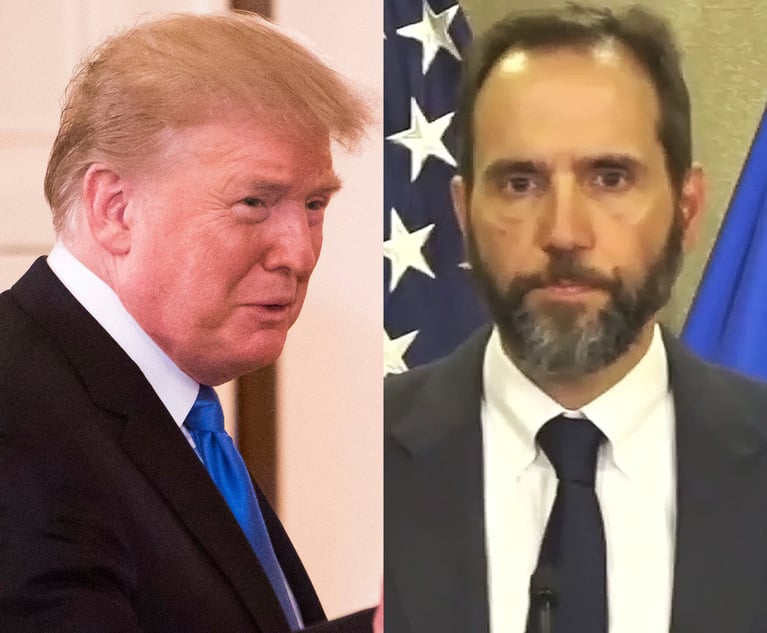A group of two-dozen former federal judges on Friday defended Judge Emmet Sullivan’s refusal to immediately approve the Justice Department’s bid to drop the prosecution of Michael Flynn, stepping into a politically fraught case that has raised fresh questions about the extent of the judiciary’s authority over criminal prosecutions.
In a 24-page friend-of-the-court brief, the former judges asserted Sullivan has full authority to review the government’s effort to abandon the prosecution of Flynn, who has twice admitted to lying to federal investigators about his past discussions with the Russian ambassador to the United States.

 District Judge Emmet Sullivan of the U.S. District Court for the District of Columbia. (Photo: Diego M. Radzinschi/ALM)
District Judge Emmet Sullivan of the U.S. District Court for the District of Columbia. (Photo: Diego M. Radzinschi/ALM)








